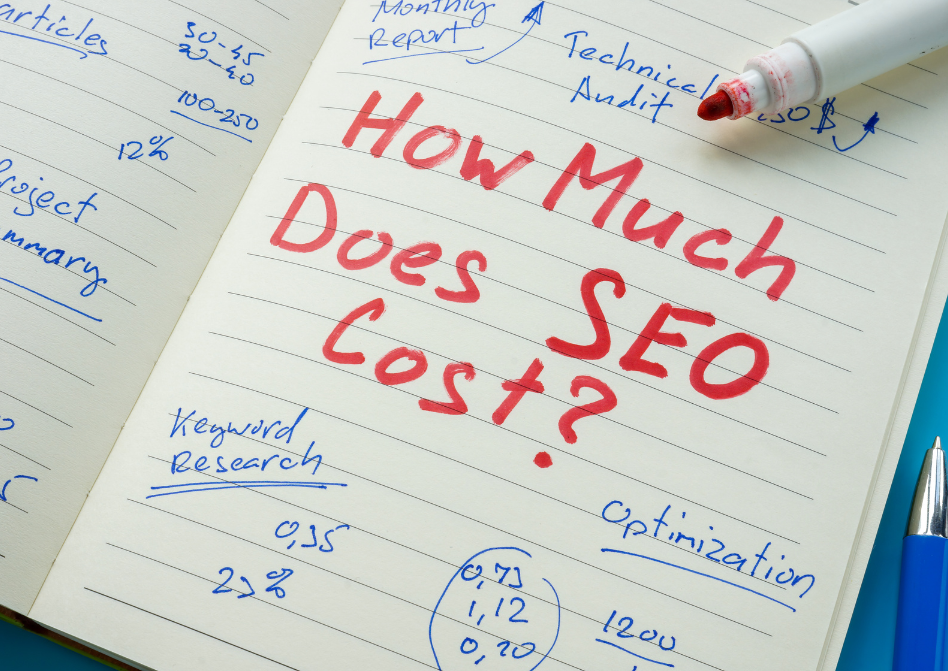

When you're embarking on a new project, whether it’s for business, academic purposes, or personal curiosity, understanding how much research costs is an essential step. Research costs can vary greatly depending on factors such as the scope of the study, the resources required, and the specific industry or academic field. But how can you estimate these costs? Let's dive into some key considerations to give you a better understanding of research expenses.
Type of Research
Research can generally be categorized into two types: qualitative and quantitative. Qualitative research, which involves non-numeric data like interviews or observations, can be more labor-intensive but less costly in terms of tools and technology. On the other hand, quantitative research, involving data collection through surveys, experiments, or data analytics, may require expensive software and resources to analyze large sets of data.
Research Methodology
The methodology you choose directly impacts the cost. Primary research (surveys, focus groups, experiments) generally requires more time and resources to conduct, while secondary research (using already existing data) is often more affordable. However, if you require access to proprietary databases or reports, even secondary research can become costly.
Resources & Tools
Modern research often requires tools and software for data collection, analysis, and reporting. Statistical tools, databases, and survey platforms come at a price, and some fields (like market research or scientific studies) require advanced technologies such as lab equipment or paid online surveys.
Labor & Expertise
Labor costs are another significant factor. If your research requires specialized expertise (e.g., hiring a statistician, market analyst, or academic researcher), the cost will increase. The more complex the study, the more you'll likely need to invest in highly skilled personnel.
Timeframe
A rushed research timeline typically means more manpower or extended working hours, which drives up the cost. On the flip side, if your project has a long deadline, it could reduce the urgency and, potentially, the overall expense.
Industry Type
Research costs also differ across industries. For example, scientific research in fields like biotechnology or pharmaceuticals can easily run into millions of dollars, while market research in a more straightforward industry might cost much less. Industry-specific requirements and regulations also play a role in how much you’ll spend.
While research can be expensive, there are ways to keep costs down:
Understanding the costs associated with research is crucial for planning any project. While the financial commitment can vary, it’s important to budget accordingly and seek out efficient tools and methods that align with your goals. By considering the factors above, you can estimate research costs more effectively and make informed decisions.
Running a successful Etsy shop requires more than just great products—it demands effective keyword optimization to stand out in search results. Long-tail keywords, which are specific phrases targeting niche audiences, can significantly improve your shop’s visibility and sales. Using an...
Long-tail keywords are a crucial part of any successful SEO strategy. These keywords are longer, more specific phrases that target niche audiences, often with higher conversion potential than generic, short-tail keywords. To find these golden opportunities, using a long keyword...
Google Search Planner, commonly known as Google Keyword Planner, is a vital tool for businesses and marketers looking to optimize their SEO and PPC strategies. This free tool, integrated into Google Ads, helps users discover keywords, analyze search volume, and estimate...
Comments (0)